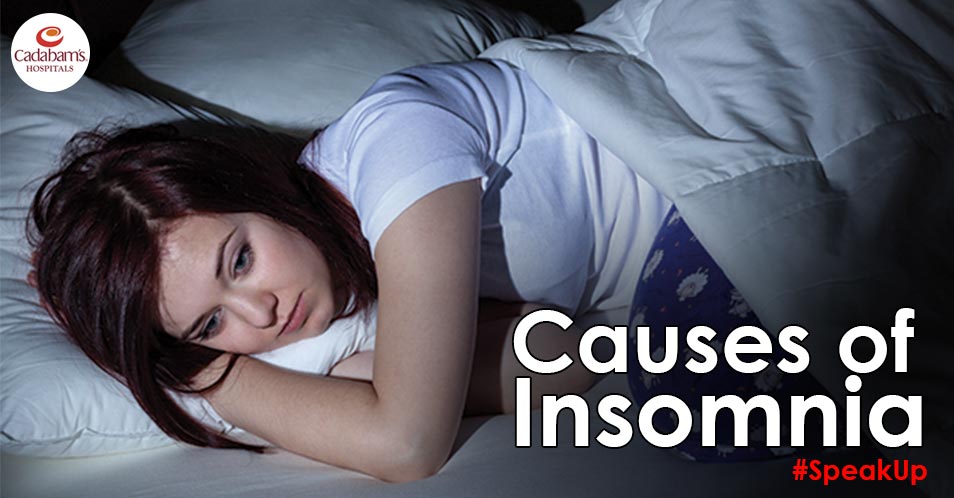
Benefits of Cognitive Behavioral Therapy for Insomnia for Women Veterans with and without Probable Post-Traumatic Stress Disorder. ReferenceĬarlson GC, Kelly MR, Mitchell M, et al. “Our present results suggest that sleep duration may contribute to cognitive function, and future studies should include objective sleep measurements and focus on the potential cognitive benefits of improving sleep to further elucidate this association,” the researchers concluded.

Additional study is needed among this patient population to assess whether incorporating trauma-informed enhancements to CBT-I curriculum is effective. Pharmacologic interventions are sometimes necessary for the sleep problems that accompany PTSD, however changing sleep habits may also be helpful in improving your ability to fall asleep. The researchers found that CBT-I may be beneficial for women with suspected PTSD and symptoms of insomnia, decreasing weekly nightmares and increasing diary total sleep time. Roughly two-thirds of all teenagers will experience at least one traumatic event by the time they’re 16. Teenage girls are about 3 times as likely to develop PTSD as teenage boys are. This study was the first to assess CBT-I among women veterans. Up to 5 of teenagers between 13 and 18 years old experience PTSD. These findings should be viewed as exploratory as no adjustments for multiple testing were performed.

At 3 months, there were significant changes to the PTSD symptom clusters of intrusion symptoms ( P <.001) and changes to arousal and reactivity ( P <.001). The preferred treatment for insomnia, whether accompanied by PTSD or not, is cognitive behavioral therapy for insomnia (CBT-I), which uses a variety of techniques that address the many different factors that can promote insomnia, including psychological distress, the sleep environment, hyper-arousal, and inadequate sleep hygiene.


 0 kommentar(er)
0 kommentar(er)
